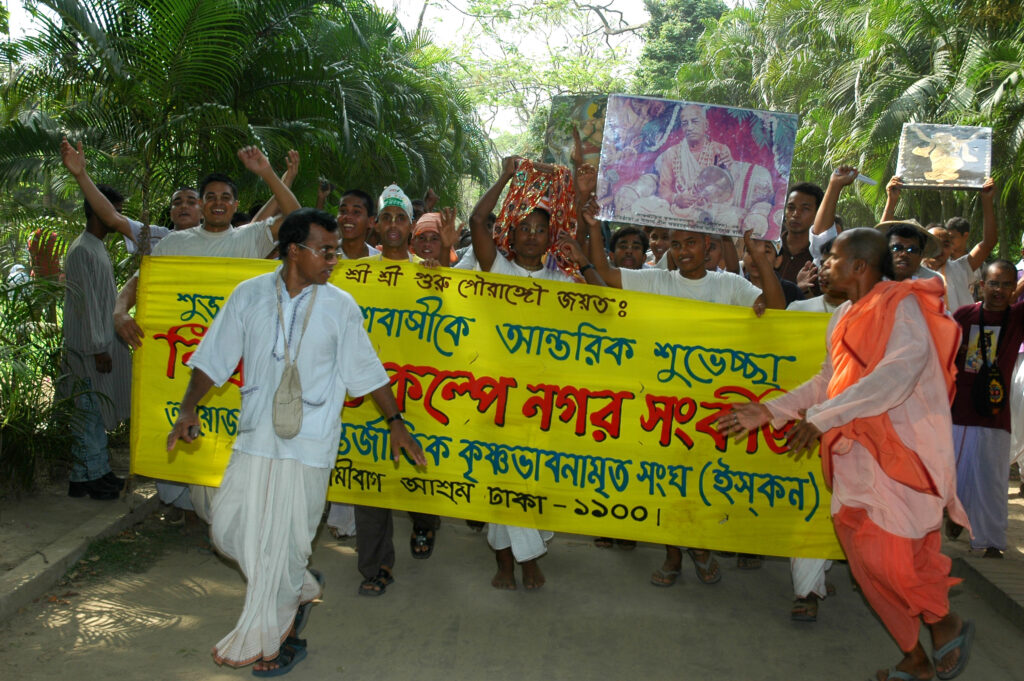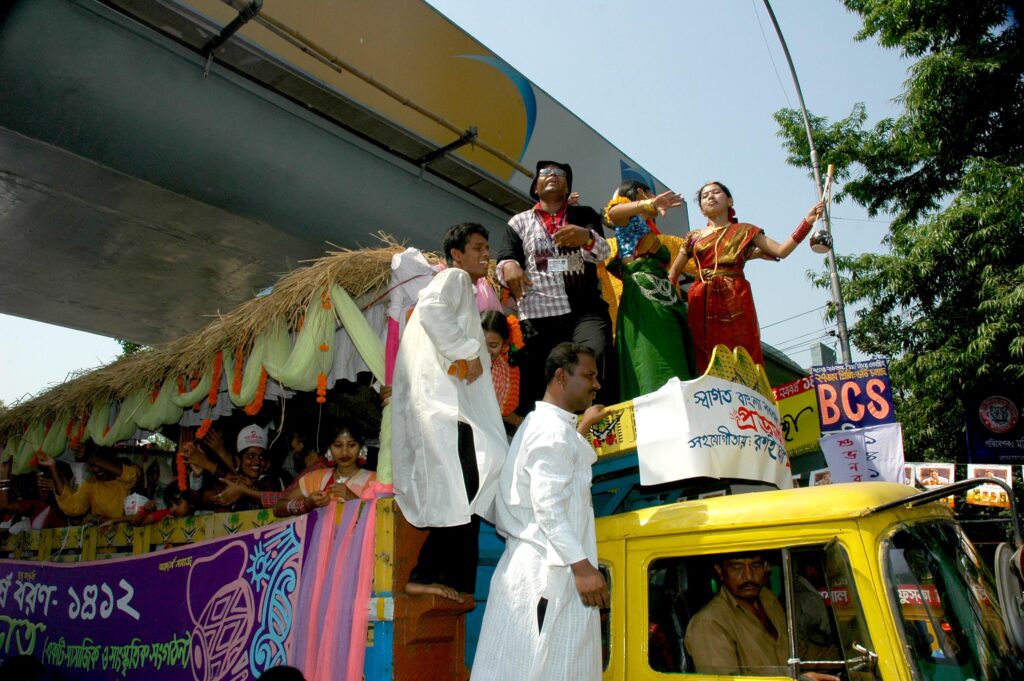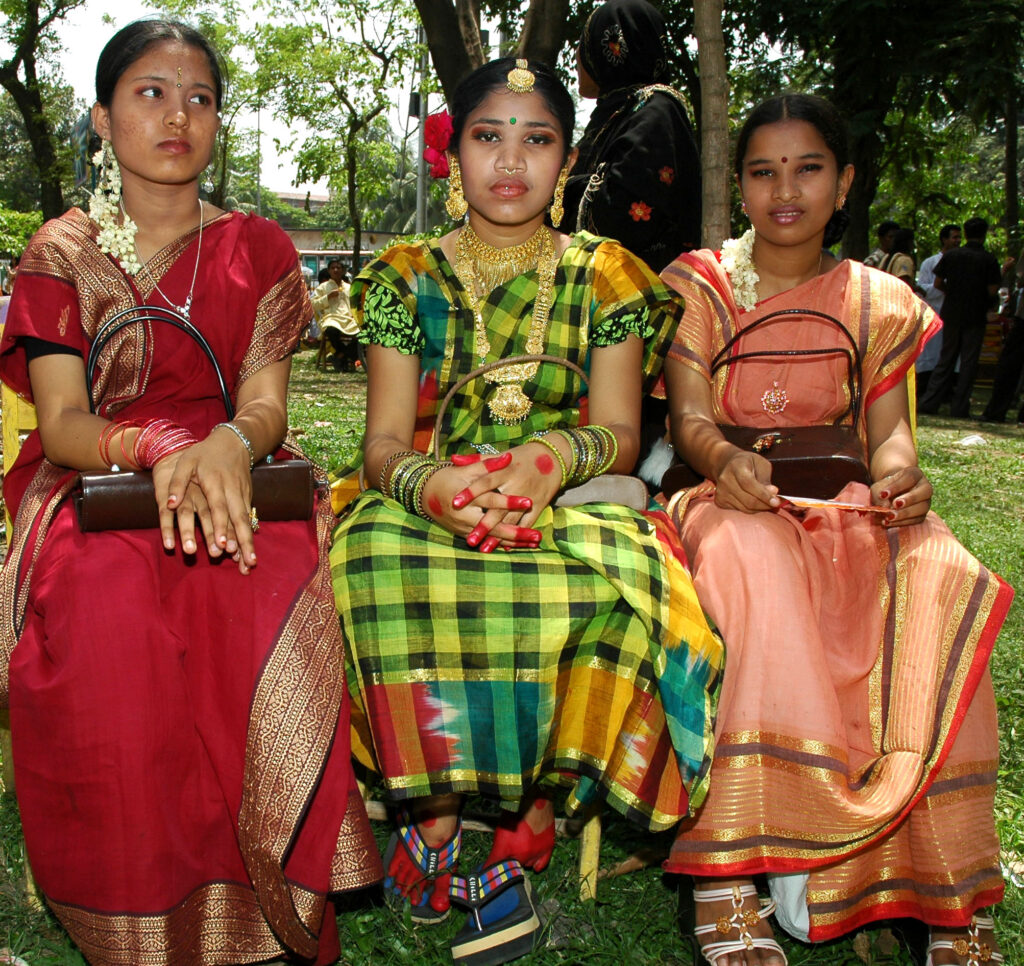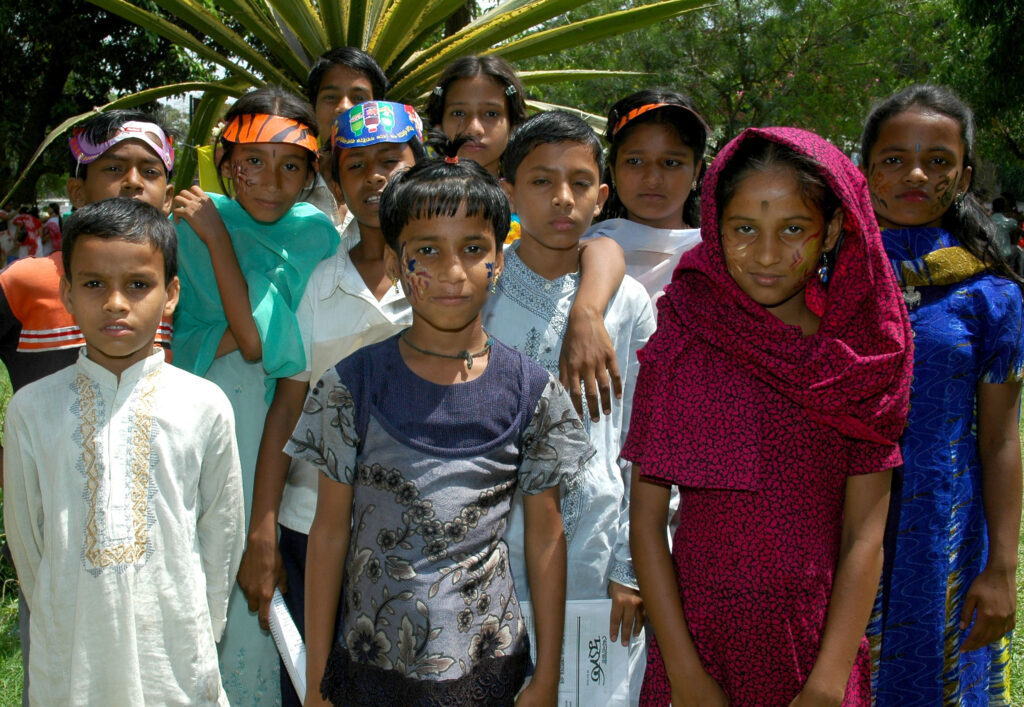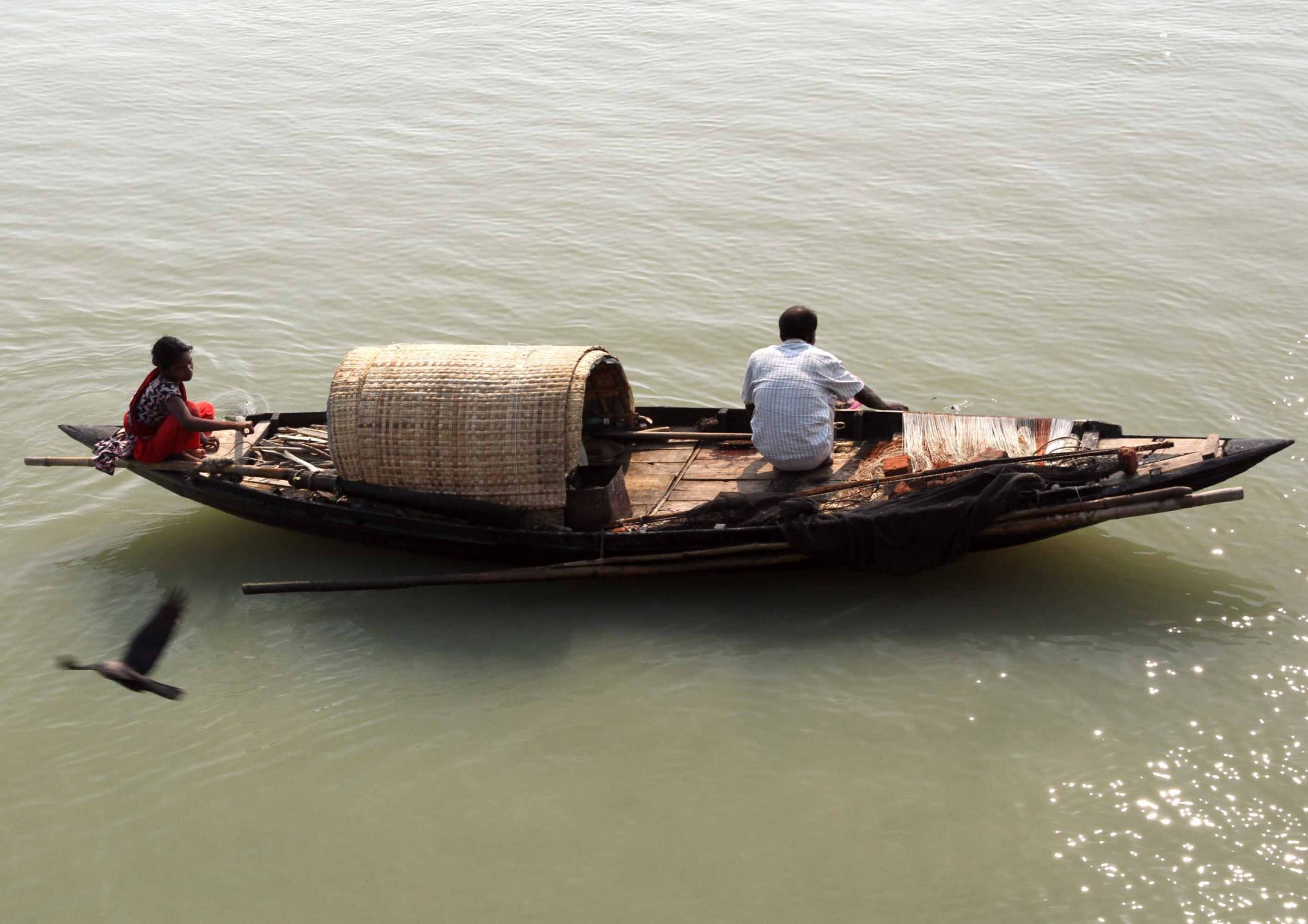What constitutes our national cultural identity?
By M Ahmedullah, 14 April 2023
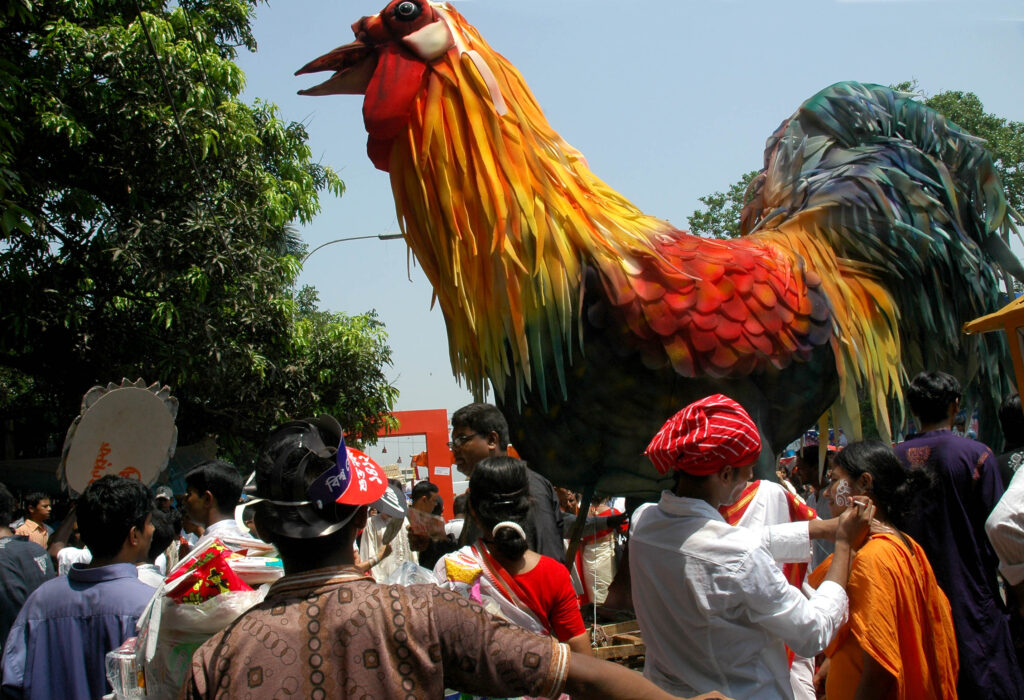
The long-term solution to this unending controversy is to abandon the idea of a national cultural identity for Bangladesh and its people. National cultural identity is not attainable as it does not exist. Many diverse historical, local and outside influences shaped our people’s cultures, lifestyles and traditions. As such, any ideological attempts to establish a national cultural identity based on a partial element of who we are will be futile. They will always generate false stereotypes and fail to achieve their objectives due to the inevitable inclusions and exclusions involved in producing abstractions and generalities from complex reality.
As society does not stand still, new generations inevitably face new problems based on changed situations and circumstances. Although we try to and often learn lessons from the past, the future turns out different, nearly always, from what we imagine, desire, or try to engineer before the future arrives.
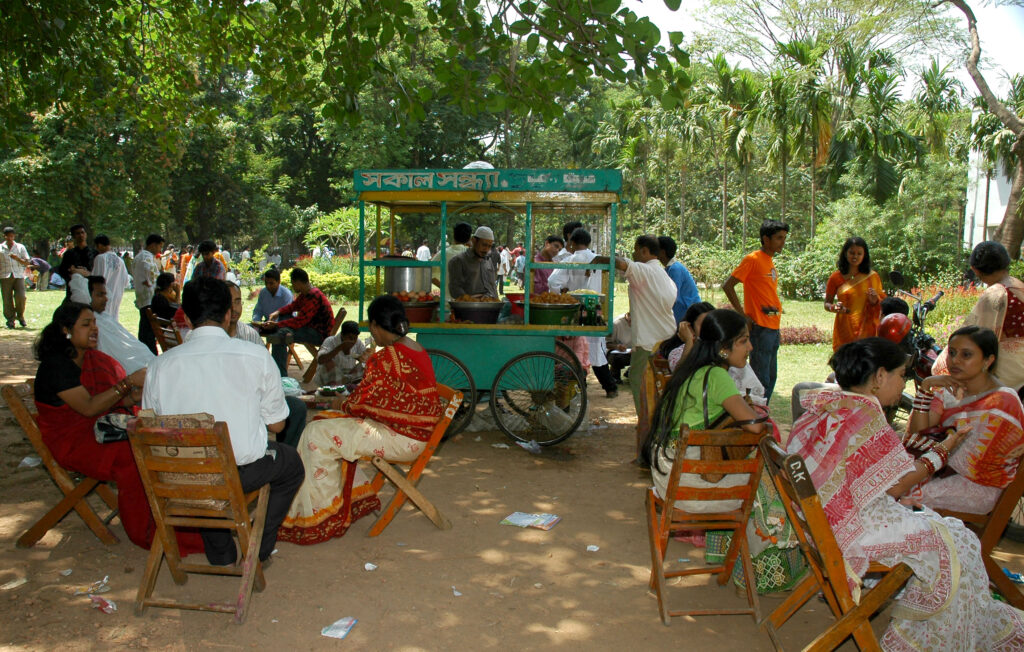
On the annual Pohela Boishakh festival in Bangladesh, there has always been some controversy in the country and within the Bangladeshi Diaspora regarding what constitutes our national cultural identity. Many beautiful elements within our diverse cultural life have been generalised and politicised, causing divisions and conflicts. Pohela Boishakh has been the central focus and icon of our identity since the festival started in East Pakistan in the 1960s. The organisers sought to weaponise Pohela Boishakh to force a solution to our national cultural identity quest – which was on whether our culture and cultural identity were Bengali or Muslim – in favour of Bengali by defining narrowly and excluding and denying the role of Islam/Muslim in the cultural life of the people and their history, or at least othering and delegitimising them.
In the past, Bangladeshi people, in general, were vulnerable and prone to manipulation. This was because they possessed inadequate knowledge of human culture and history, experienced West Pakistani domination, and some believed in the Bengal Renaissance and all the implications that came with it. This led to polarisation within the country and its people regarding conflicting claims about what constituted our culture and cultural identity. As a result, each group faced the other – on the question of Bengali vs Islam – without any sense and spirit of compromise. Instead, they tried to impose their conflicting ideas of what constituted our culture and cultural identity on the people of Bangladesh and the country. Ordinary people instinctively and intuitively knew who they were but could not articulate and express their voices.
Unlike in the past, our people are now better equipped to deal with the challenges and issues they face. They are more educated and informed about the world and have a better understanding of human diversity, history and social evolution. Therefore, it is very difficult to see how the forced imposition of a ‘national cultural identity’ by Bengali nationalists can be other than a diminishing phenomenon in today’s Bangladesh.
The Bengali nationalist perspectives and positions prevailed for a long time since the Liberation of Bangladesh in 1971 – mainly due to the Pakistan factor – and the majority of the people in Bangladesh being unable to understand, articulate and voice their perspectives. Although the Bengali nationalist view became dominant, there was always some uneasiness felt by many Bengali nationalists who were aware of their insecure situation. They knew theirs was an ideological aspiration, not a depiction of reality, and as such, they knew they stood on shaky grounds. As such, they utilised and milked the Pakistan factor as much as possible and for as long as possible, but that milk has almost dried.
The changed and changing situation, where Bengali nationalism does not make any sense in Bangladesh any more – especially after they have discredited themselves massively by staging the Shahbagh drama with their immoral demands – which I have called the ‘Last Fury of Bengali Nationalism’ – and the Pakistan period becoming more of a distanced past than any present threat, it is going to be very difficult, if not impossible, for the Bengali nationalists to utilise old arguments developed from the Pakistan experience to prevail now or in the future.
On the other hand, the so-called Kath Mullahs’ are becoming more intelligent, better informed and experienced about the world, science and politics. They can articulate and express their perspectives more effectively and with confidence. They are getting better by the day. Also, millions of young people from all over the country are becoming better educated and improving economically. They can better understand, explain and articulate their experiences of culture and identity through their voices. Increasingly, the Bengali nationalists will find it difficult to tell them that most of their cultural experiences are invalid and illegitimate as they are not based on local Bengali history and traditions but on foreign origin.
These developments mean that the Bengali nationalists will not be able to retain their position of being the leading spokespeople for culture and identity in our country and dominate the field of explanation production and narrative generation and dissemination. As such, their dreams of establishing a national Bengali cultural identity, which was never attainable in the past in the first place, will become even more difficult to attain now or in the future.
Any attempts to impose a national cultural identity in Bangladesh or the Bangladeshi Diaspora should be abandoned. Instead, there should be efforts to find negotiated compromises to create mutually respectful spaces for people and groups to engage in their activities without forcing others to join as part of an ideological imposition or calling people names and ostracising them for not joining.
